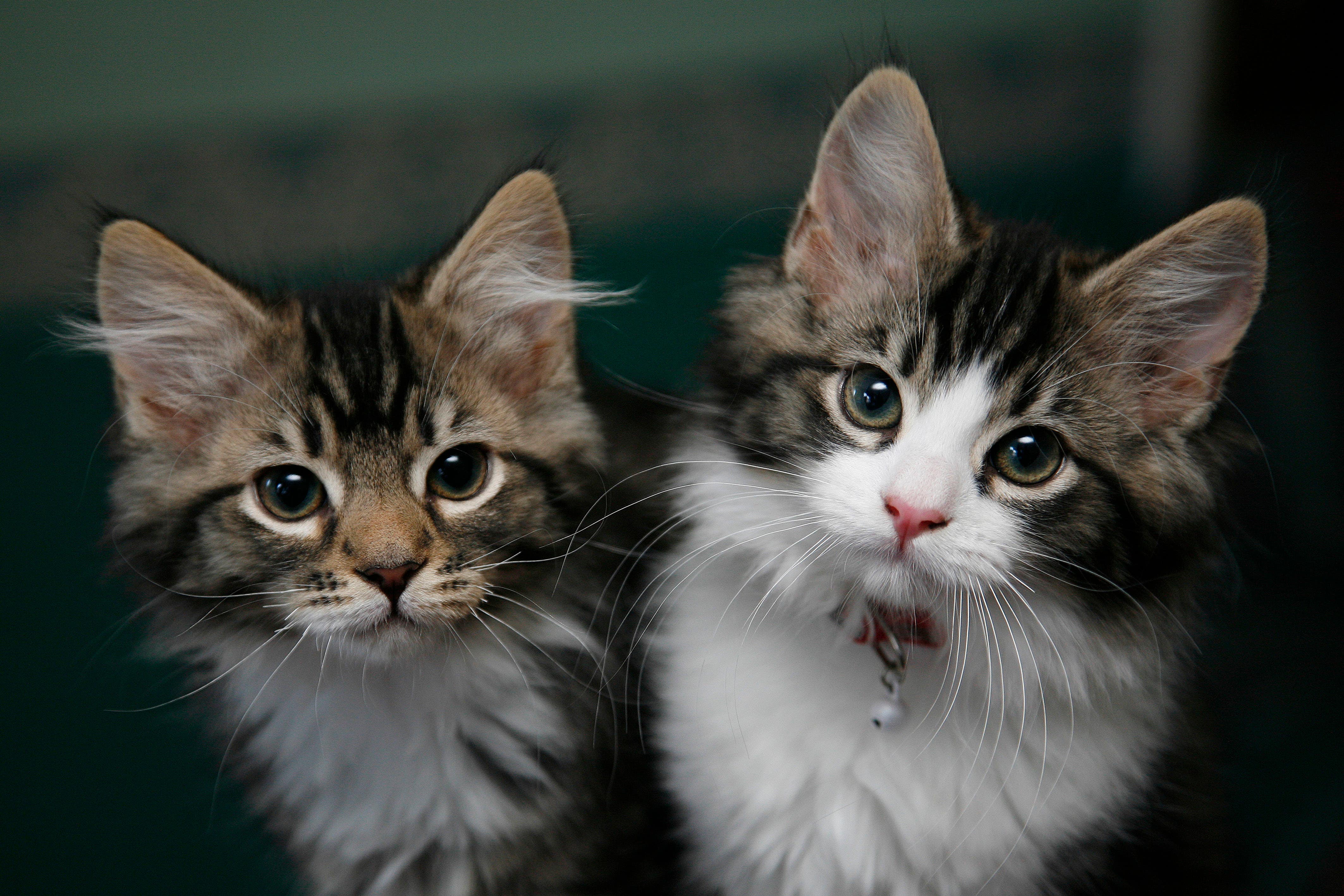Feeding pets dry food reduces their environmental impact – study
It is estimated that the population of pet cats and dogs is growing worldwide.

Cat and dog owners could significantly reduce the environmental impact of their pets’ diet by feeding them dry food instead of wet food, new research suggests.
According to the study, swapping out food with a higher water content for kibble or biscuits could see pet owners feed their furry friends more sustainably while still providing them with enough nutrition.
The researchers looked at the environmental impacts – including greenhouse gas emissions, land use, and water usage – of 618 diets for dogs and 320 diets for cats in Brazil.
The companion animal population is increasing and an important part of pet food is composed of ingredients that have a high environmental impact
It is estimated that the population of pet cats and dogs is growing worldwide.
According to the 2022 PDSA Animal Wellbeing (Paw) Report, there was an estimated population of 10.2 million pet dogs in the UK and 11.1 million pet cats.
Marcio Brunetto at the University of Sao Paulo, and colleagues, investigated commercial wet diets and dry diets found on the websites of three major Brazilian pet food retailers.
These were also compared to homemade diets – either food produced by companies, or food cooked by owners at home using recipes provided by companies.
The nutritional and calorific make-up of the different diets was also assessed.
The study found that in all scenarios wet diets for cats and dogs had the greatest environmental impact, especially when compared to dry diets.
Based on their findings, the authors estimate that a 10 kilogram dog consuming on average 534 calories per day would be responsible for 828.37 kilograms of CO2 per year when fed a dry diet compared to 6,541 kilograms of CO2 per year for a wet diet.
The wet diets were responsible for the highest impact, and dry diets were the type of diet that least impacted the environment
Researchers found that dry diets provided the highest amount of energy per gram, while wet diets and homemade diets provided higher amounts of protein.
In wet diets, almost twice as much energy was provided by animal ingredients compared to dry diets (45.42% versus 89.27%), which may contribute to their greater environmental impact, the authors suggest.
Writing in the Scientific Reports journal, the authors said: “Food production is responsible for almost one-quarter of the environmental impact and, therefore, its importance regarding sustainability should not be overlooked.
“The companion animal population is increasing, and an important part of pet food is composed of ingredients that have a high environmental impact.”
They continued: “The wet diets were responsible for the highest impact, and dry diets were the type of diet that least impacted the environment, with a positive correlation between the metabolizable energy provided by animal ingredients and the environmental impact.
“It is necessary to consider the environmental impact of pet food since it is significant, and the population of pets tends to increase.”
Bookmark popover
Removed from bookmarks